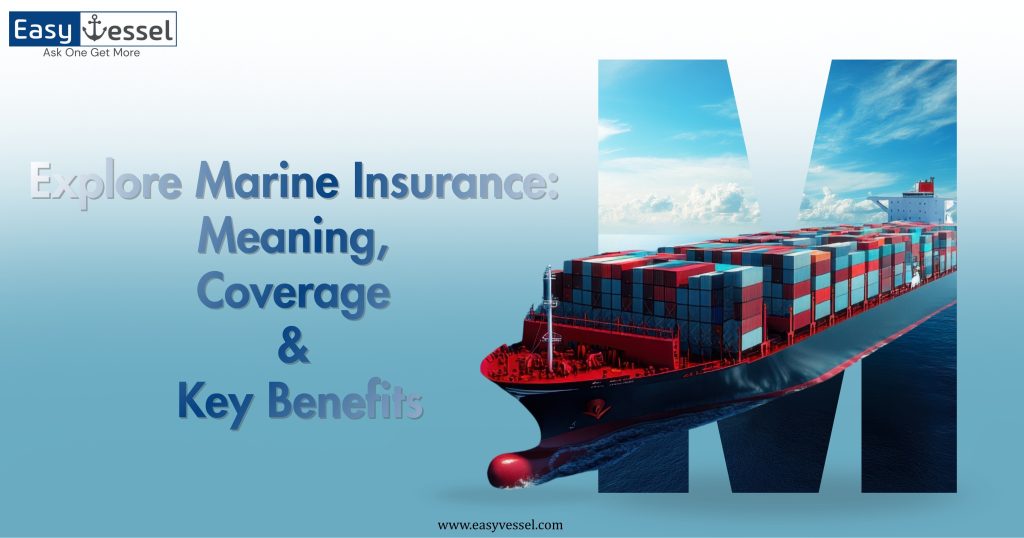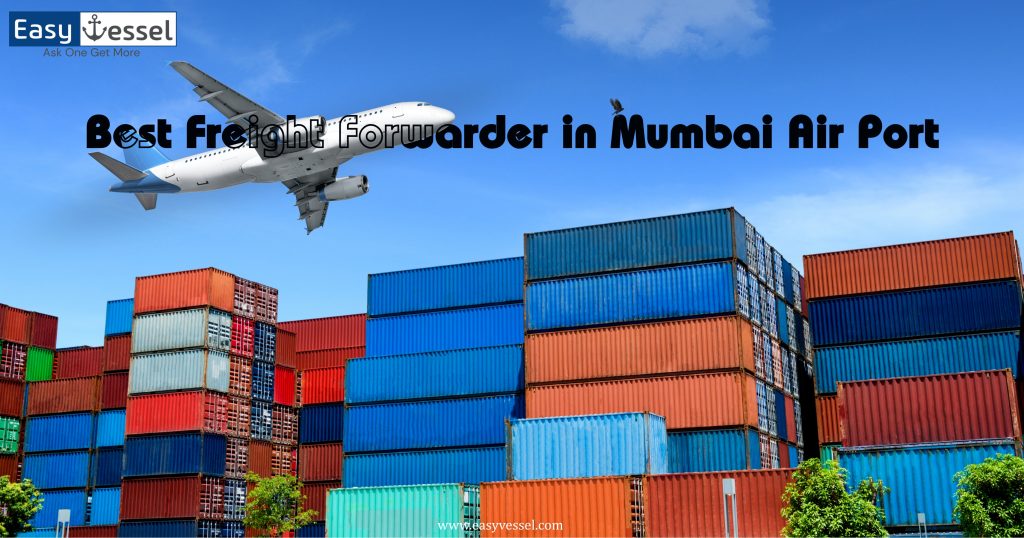What is Supply Chain Management?
- Supply chain management (SCM) is the process of planning, coordinating, and controlling.
- The flow of goods, services, information, and finances from the raw material stage to the final product delivery to the end consumer.
- It involves the entire network of organizations, resources, activities, and technologies required to bring a product or service from its origin to the end customer.
Components of Management:
Here are 7 key components includes:
Planning:
This involves determining the demand for products or services and developing a plan to meet that demand.
Sourcing:
This involves finding suppliers of raw materials, components, and finished goods.
Production:
This involves manufacturing or assembling products or services.
Inventory management:
This involves tracking and managing the flow of goods through the supply chain.
Warehousing:
This involves storing goods until they are needed.
Transportation:
This involves moving goods from one location to another.
Customer service:
This involves providing support to customers after they have purchased a product or service.
Role of Supply Chain Management
1. Sourcing:
This involves finding suppliers of goods in the exporting country.
2. Logistics:
This involves arranging for the transportation of goods from the exporting country to the importing country.
3. Customs clearance:
This involves ensuring that the goods comply with the import regulations of the importing country.
4. Warehousing:
This involves storing goods until they are needed.
5. Distribution:
This involves delivering goods to the end customer.
Why Supply Chain Management is Important?
It is important because it can help businesses improve efficiency, reduce costs, provide excellent customer service, be more agile, and reduce risk.
Efficiency:
It streamlines operations, reducing costs and making things run smoothly.
Customer Satisfaction:
It ensures products are available when and where customers need them, leading to happy customers.
Cost Savings:
Better management means lower costs and higher profits.
Risk Management:
It helps identify and handle potential issues to keep things running.
Collaboration:
Encourages teamwork between suppliers, manufacturers, and distributors.
Adaptability:
Allows businesses to adjust quickly to market changes.
Sustainability:
It promotes Eco-friendly practices, reducing waste and being environmentally conscious.
Conclusion:
In conclusion, supply chain management is vital for businesses in import and export.
It streamlines operations, reduces costs, ensures customer satisfaction, enhances flexibility, and promotes sustainable practices.
It facilitates efficient, customer-focused, and profitable business operations, making it an essential aspect of modern business success.
EasyVessel connects you with reliable service providers for shipping needs. Sign up for access to trusted providers, simplifying the process and ensuring peace of mind. Save time and work with professionals through EasyVessel.
References:
Frequently Asked Questions
Supply chain management is the process of planning, organizing, and managing the flow of goods, services, and information from the point of origin to the point of consumption.
It encompasses all the activities involved in moving a product or service from conception to the end user, such as: planning, sourcing, production, warehousing, inventory management, transportation and customer service.
There are also some challenges, including:
Complexity: The supply chain is a complex network of interconnected businesses. This can make it difficult to manage and optimise the supply chain.
Uncertainty: The supply chain is subject to a variety of uncertainties, such as changes in demand, changes in supplier prices, and disruptions in transportation.
Costs: It can be a costly endeavor. Businesses need to invest in technology, training, and other resources to implement effective strategies.
Resistance to change: Employees may be resistant to change, especially if they are comfortable with the status quo. This can make it difficult to implement new SCM strategies.
Sure, here are some future trends in short format and simple words:
Globalization: Businesses will need to have a global perspective on their supply chains.
Technology: Businesses will need to be open to using new technologies to improve efficiency and reduce costs.
Sustainability: Businesses will need to consider the environmental impact of their supply chains.
Import and export are integral parts of management.
They involve the flow of goods, services, information, and finances from the point of origin to the end consumer.
Both import and export activities include sourcing, logistics, customs clearance, warehousing, and distribution to ensure efficient movement of goods across borders.



